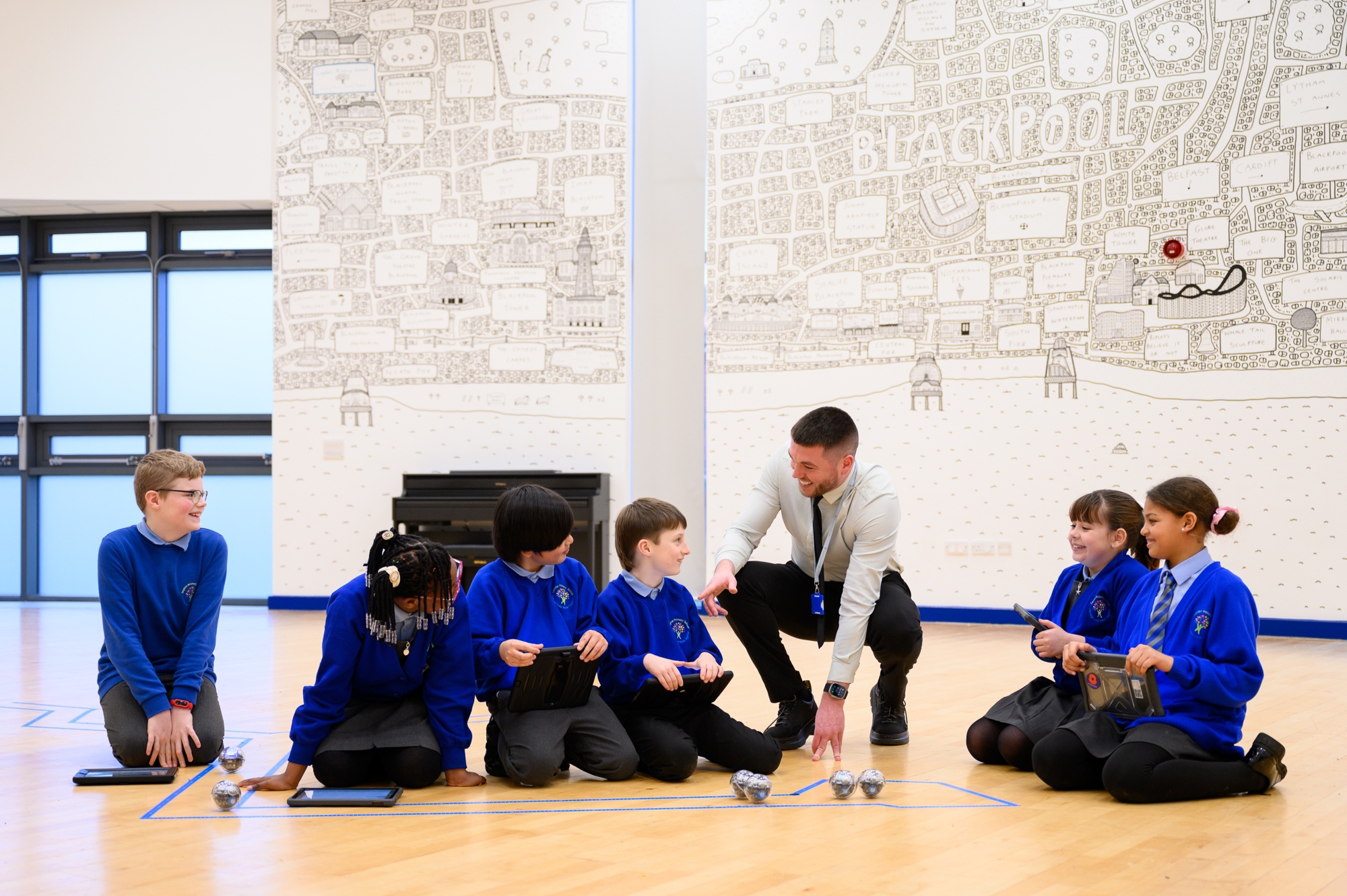Our School Values
Aims & Values
"Dream a new vision for education. Tell the story over and over again until it becomes the very heart of our new vision".
Guy Claxton

At Layton, we place a high value on building the qualities of successful learners.
Our vision is for children to grow into powerful, independent learners who are able to learn throughout life. The world is now a place which changes rapidly, and new technologies mean that in the future, the ability to learn, unlearn and relearn will be essential to success. We want children to embrace change, be unafraid of challenge, think deeply and calmly about how to tackle new concepts, and build the confidence to tackle these without fear of failure.
To build this in our pupils, we teach the 5Rs, which run through our school like a stick of Blackpool Rock. It is integral to how we teach, how we provide feedback to pupils, how we design our curriculum and how we use mistakes and success in equal measure to embed a learning culture throughout our school. This permeates through every aspect of our work; whether a pupil or a teacher, we are all learners, and all of us in school understand how to develop ourselves and each other through a greater understanding of what makes a successful learner.
Resilience – Resilience is the quality of being faced with a challenge, and persevering in the face of adversity. Our vision is to develop children who thrive when challenged, see failure as opportunities to learn, manage distractions to learning and thrive and enjoy the emotions and feelings of learning. Resilient learners use all the Rs because they see the value of learning beyond task completion.
Reflective – Reflectiveness is the ability to adapt when learning, to change direction, to know when learning is taking place and when it is not. Reflective learners understand how to support themselves to be better learners, and they learn from experience and practice.
Resourceful – Resourceful learners understand what they need to do, and where and who they need to go to in order to maximise their learning opportunities; they develop questions of their own to further their own knowledge, and pick up habits of successful learners.
Risk-taking – Learners who take risks see challenges as desirable; they are opportunities to learn rather than obstacles; they are unafraid to try something new, and will seek out people and resources to support themselves.
Relationships – There are very few successful learners who have achieved great leaps forward alone. Learners who have strong relationships balance self-reliance with sociability and empathy. They collaborate with others to support their own and others’ learning. They develop the skills to support and challenge other learners.
